Local government exists to solve problems people can’t solve alone. We pave streets, run libraries, and process permits — but we also connect people to possibility. Every interaction is a chance to make life a little easier, faster, and fairer.
Today, a new generation of tools — agentic AI systems that can perceive, reason, and act — gives us a way to serve residents proactively. These “agents” can understand intent, carry out tasks, and learn from outcomes, operating with clear human oversight.
A paper released in October 2025—The Agentic State: Rethinking Government for the Era of Agentic AI by Ilves, Kilian, Parazzoli, Peixoto, and Velsberg—offers a practical framework for this shift.
It describes moving from doing things right (process efficiency) to doing the right things (outcome effectiveness). This is not about replacing people; it’s about amplifying judgment, accountability, and trust.
From Digital to Agentic
For years, we digitized government — forms online, portals, apps. The next step is systems that act on residents’ behalf.
In several jurisdictions in Europe and the Middle East, citizens can describe a need (“I need help after my house was damaged”) and receive coordinated assistance across departments — outcome-oriented orchestration rather than app-hopping.
That could mean a resident text-chatting their need and getting real-time coordination among planning, engineering, and utilities — a seamless experience that builds confidence in government’s ability to act.
The AI Colleague Arrives
In a Brazilian state, an AI agent cut the average analysis time for one financing review process from one year to one week, reducing process staffing needs by 33 positions while maintaining oversight. Imagine a “digital teammate” that pre-checks permits, drafts agendas, or routes service requests — so staff can invest more time in empathy, creativity, and problem-solving.
I’ve found that process improvement works best when started by listening to those closest to the work. Agentic systems can do the same — amplify human insight, not replace it.
Services That Serve Themselves
After a storm, a resident could make one request — and agents could coordinate inspections, debris pickup, and utility restoration automatically. It’s the difference between citizens navigating government and government anticipating citizens’ needs, through cross-system integration and outcome-driven orchestration.
Agentic services turn responsiveness into foresight — something every community values.
Policy in Motion
Policy can evolve more dynamically when it’s also machine-readable. Cities can simulate the effects of a fee or zoning change before it takes effect, ensuring decisions are equitable and evidence-based. Such “policy-as-code” approaches increase transparency while keeping humans accountable for oversight and fairness.
Trust, Transparency, and Redress
To borrow from popular culture: with great automation comes great responsibility. Every automated action should come with an explanation, an appeal path, and a human backstop. Publishing decision logs and maintaining robust audit and compliance systems are not “nice-to-haves” — they’re essential to legitimacy.
People don’t trust technology; they trust people who use it responsibly. Openness and accountability remain the true engines of innovation.
Leading the Agentic Workforce
Agents won’t take our jobs — they’ll change them. Employees become supervisors, exception-handlers, and designers of better processes. Building on past improvement teams, we can form teams that serve as “agent guides” — small, cross-boundary collaborations that test, learn, and scale AI responsibly, ensuring staff and community members have a voice in how we evolve.
Start Small, Learn Fast
Transformation doesn’t start with massive budgets — it starts with curiosity. Try an agentic experiment in:
• Inspections scheduling that adapts to traffic and weather.
• Procurement assistants that validate bids within guardrails.
• Writing Council Reports that improves from similar reports and questions.
Each small win builds trust in the larger system. The cost of waiting now exceeds the cost of careful experimentation.
Collaboration, Accountability, and Presence for AI Innovation
I’ve learned that leadership in government is about collaboration, accountability, and presence.
• Collaboration connects expertise across silos.
• Accountability ensures every innovation serves residents.
• Presence — being visible, listening, and learning — reminds people that even as systems evolve, local government remains community-focused.
The Agentic City isn’t a futuristic dream. It’s a practical next step for communities ready to work together, learn quickly, and deliver results that matter.


